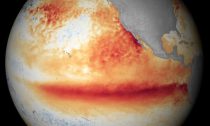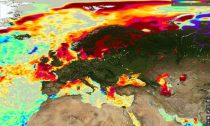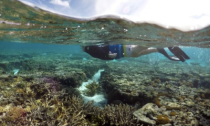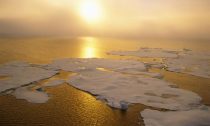
Negotiators in Poland have finally secured agreement on a range of measures that will make the Paris climate pact operational in 2020. Last-minute rows over carbon markets threatened to derail the two-week summit – and delayed it by a day. Delegates believe the new rules will ensure that countries keep their promises to cut carbon.
The Katowice agreement aims to deliver the Paris goals of limiting global temperature rises to well below 2C.
“Putting together the Paris agreement work programme is a big responsibility,” said the chairman of the talks, known as COP24, Michal Kurtyka.
“It has been a long road. We did our best to leave no-one behind.”
What did the delegates focus on?
The summit accord, reached by 196 states, outlines plans for a common rulebook for all countries...
Read More












Social Profiles